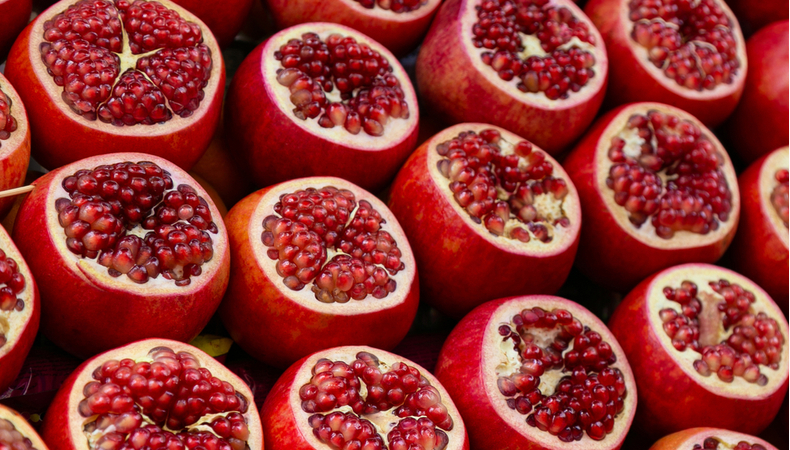Millions of Captagon pills among Lebanese pomegranates, Riyadh closes the borders

Saudi authorities have discovered 5.3 million pills of Captagon – a type of amphetamine popular among affluent young people in the Middle East, particularly the Gulf – hidden in a shipment of pomegranates arriving in Saudi Arabia on April 23 from Lebanon. The incident provoked an immediate reaction from Riyadh which banned the import of Lebanese agricultural products, throwing the farmers of the cedar country into despair.
22% of Lebanon’s fruit and vegetable exports are absorbed by Saudi Arabia, and the punitive measure exacerbates the country’s enormous economic problems – dollar reserves are nearly exhausted and the national currency has lost about 90% of its value from the end of 2019 – with a government resigned from last August’s terrible explosion at the port of Beirut and with little prospect of being able to form a new one in the immediate future.
The incident, however, had a positive effect on Lebanese consumers who have been finding land products in the markets for a few days at 40% lower prices. Not a little for those who deal with the high cost of living every day. On the other hand, farmers are not smiling when they see their source of income hit in such a difficult time.
Therefore, the Lebanese interior minister, Mohamed Fahmy, took the field to assure the Saudis that Beirut is doing everything possible to stop drug trafficking towards Riyadh. Fahmy went on tour in the Akkar region, north of the Bekaa valley, where smuggling of all kinds of goods, from drugs to fuel to food, is rampant across the border with Syria. And in front of MTV cameras, he declared that “The investigation into the smuggled Captagon in Saudi Arabia is nearing its conclusion.
We arrested two brothers involved in the crime. ‘ Riyadh does not back down and reiterates that the import ban will remain in force until Lebanon provides “adequate and reliable guarantees” on the fight against drug traffickers.
Fehmi added that “he cannot confirm that the Shiite Hezbollah movement is involved” in sending the Captagon. This is not what the Saudis wanted to hear, who are making a political issue of drug trafficking. Riyadh wants the ongoing investigation in Lebanon to lead to an open indictment against Hezbollah, one of its main adversaries in the region and ally of Syria and Iran.
Never as in these days have the media controlled by the Saud monarchy recalled the maxi-seizure carried out last July by Italy of the largest shipment of Captagon ever recorded, worth one billion euros and coming from the Syrian port of Latakia. At the end of April, al-Arabiya TV reported with equal emphasis that Greece, with Saudi help, had seized 4.3 tons of cannabis hidden in sweet-making machinery on its way from Lebanon to Slovakia.
This is why anonymous Lebanese government officials tell local newspapers that the import ban appears to be political rather than a means of combating drug trafficking in the Middle East region.




